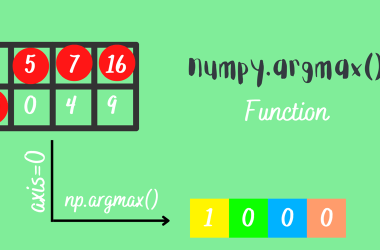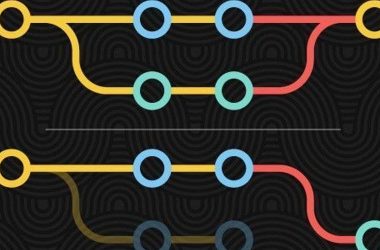🌐 InterCode: A Semantic Bridge for Programming Languages
✨ What is InterCode?
InterCode is a research module within the broader GuruDev project — a holistic programming language under development by Hubstry.
It proposes a semantic interoperability layer between programming languages, inspired by the idea of linguistic intercomprehension.
In short, InterCode aims to let developers express code blocks in multiple syntaxes — but linked by intent.
🧭 Context: GuruDev and AlterLang
GuruDev is not just another language — it’s an experimental platform that explores the symbolic, epistemological, and cultural aspects of programming.
At its core lies the AlterLang paradigm: a comparative programming philosophy that treats languages like dialects of a higher semantic structure, similar to how multilingual speakers navigate intercomprehension.
InterCode is a branch of AlterLang, focused on creating syntax-independent intent expression.
🧪 Experimental Example (Work-in-Progress)
# InterCode prototype block (hypothetical example)
print("Olá, mundo!") :: Python
puts("Ciao, mondo!") :: Ruby
print("Bonjour, monde!") :: Lua
`
These lines represent semantically equivalent actions (printing “Hello, world!”) in different languages.
The idea is for a semantic engine to parse and execute them through intent-first mapping, not syntax-first.
This is not a working compiler yet, but a conceptual demonstration of how a future GuruDev-based engine could interpret such mappings.
🧰 Use Cases & Stacks
InterCode unlocks possibilities like:
- 🧑🏫 Multilingual learning environments – teach logic first, syntax second
- 🔄 Cross-compilation – write once, generate many
- 🧠 Semantic code generation – empower AI agents with intent-based models
- 🧬 DSL interoperability – simplify syntax for domain-specific use
- 🌍 Linguistic-computational fusion – experiment with code as language art
🔧 Early-stage development stack (WIP):
- GuruDev Core Runtime (Node.js / Python hybrid)
- AST helpers via draft Alexandria libraries
- Planned editor integrations via Capela
- Prospective REPLs using Replit / Colab
- Conceptual roadmap includes Concilium (IDE & governance) and JerusalemOS (symbolic runtime)
⚠️ Most of these components are either in design, in draft repositories, or part of the long-term vision for the GuruDev ecosystem (2025–2055). This article is a snapshot of ongoing R&D.
🧱 Why It Matters
Programming paradigms have largely revolved around syntax and structure.
InterCode invites us to imagine a semantic-first world, where what matters most is the intention behind the instruction, not the surface form.
This has deep implications for:
- AI code understanding
- Low-code interfaces
- Education across borders
- Preservation of linguistic diversity
- New forms of symbolic computing
⚖️ Licensing & Authorship
All mentioned components — GuruDev, AlterLang, InterCode, Alexandria, Capela, Concilium, JerusalemOS — are original intellectual works by:
Hubstry / Guilherme Gonçalves Machado
They are published under the Apache License 2.0, with all rights reserved to the author and company.
You are welcome to contribute, test, and fork under the terms specified in the GitHub repositories and project whitepaper.
🕊️ “Every line of code is a gift to time and intelligence.”
— Guilherme Gonçalves Machado, Founder of Hubstry & Creator of GuruDev
`





